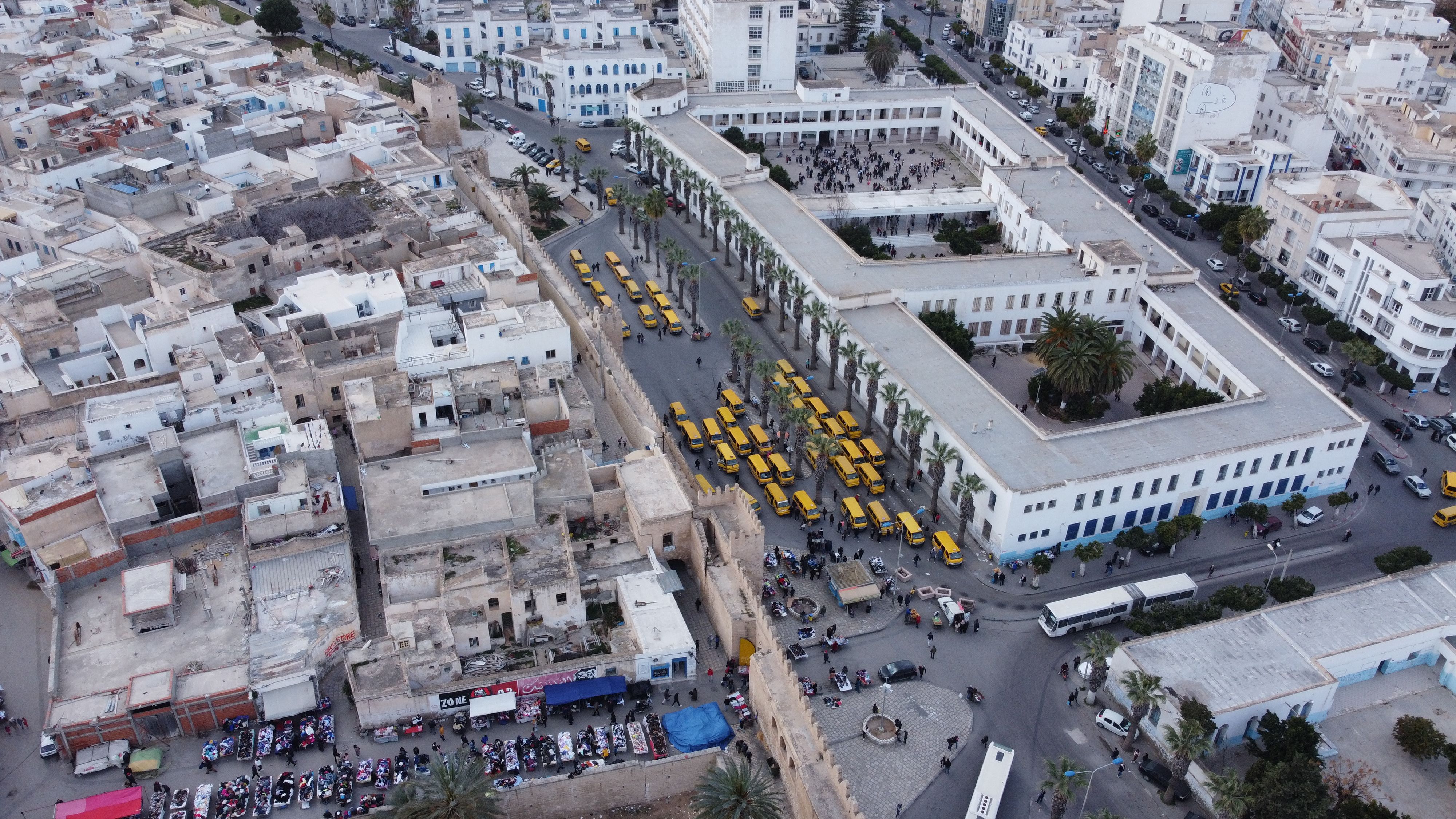Tunisia: Country Context
Following the 2011 revolution, Tunisia has embarked on a multifaceted democratic transition, currently characterized by significant political changes under President Kais Saied. His consolidation of power in 2021 led to a more centralized presidential system. While the 2023 legislative and 2024 presidential elections experienced low voter turnout, they were conducted peacefully.
Economically, Tunisia faces notable challenges, including public debt and limited access to foreign capital. However, some indicators, such as the current account deficit, have shown signs of stabilization. The government recognizes the necessity for structural reforms, and while implementation has been slow, there is potential for improvement in the business environment. Addressing these issues could facilitate economic growth and enhance Tunisia's attractiveness to investors, especially as the informal economy continues to play a significant role in everyday life. Additionally, the increasing outflow of skilled labor through regular migration exacerbates economic challenges, as the country experiences a brain drain that limits its development potential.
The country is also grappling with environmental challenges, notably water scarcity and climate risks, which have implications for its economic and social stability. The government has initiated steps toward adopting sustainable practices and improving water management. Socially, while issues like unemployment and poverty persist, efforts to enhance education and infrastructure highlight a commitment to long-term social development. The ongoing migration trends also contribute to social vulnerabilities, as many migrants face extreme conditions and limited support. International cooperation and local reforms could play crucial roles in addressing these pressing concerns.
Switzerland remains a strong partner in Tunisia's development journey, offering support in key areas. Switzerland focuses on stabilizing the country while promoting necessary reforms. Its support includes projects on migration, climate resilience, and education for vulnerable populations. With a history of pragmatic and flexible cooperation, Switzerland aligns its efforts with Tunisia’s priorities, particularly in local development, water management, and promoting safe, regular migration. This long-term partnership, built on trust and cooperation, is aimed at fostering peace, economic resilience, and inclusive growth and continues to contribute positively to Tunisia's stability and prosperity.


